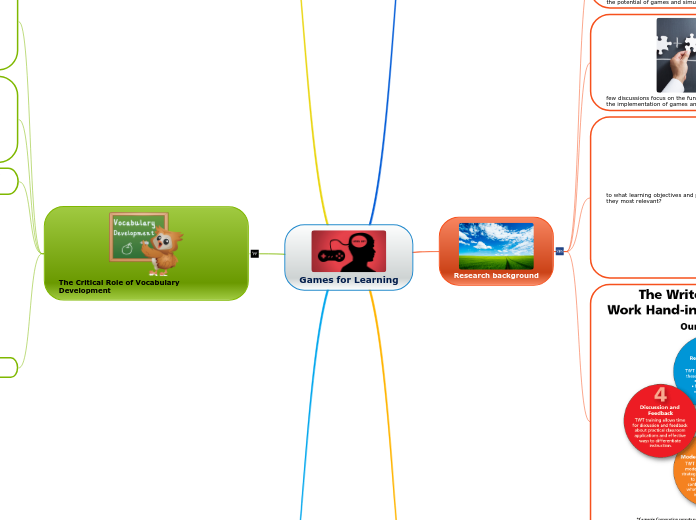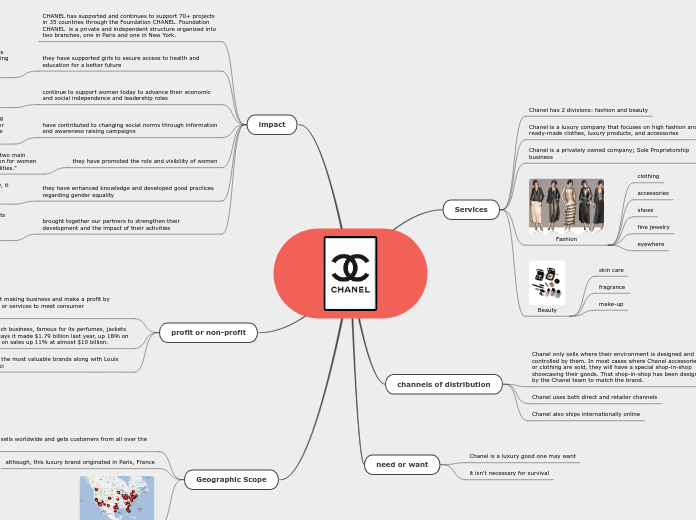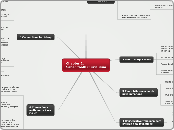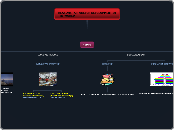jonka Oscar liang 4 vuotta sitten
247
Games for Learning
Researchers designed and implemented three board games in a classroom setting to study their impact on children's ability to learn English. The aim is to understand how board games can align with teachers'









